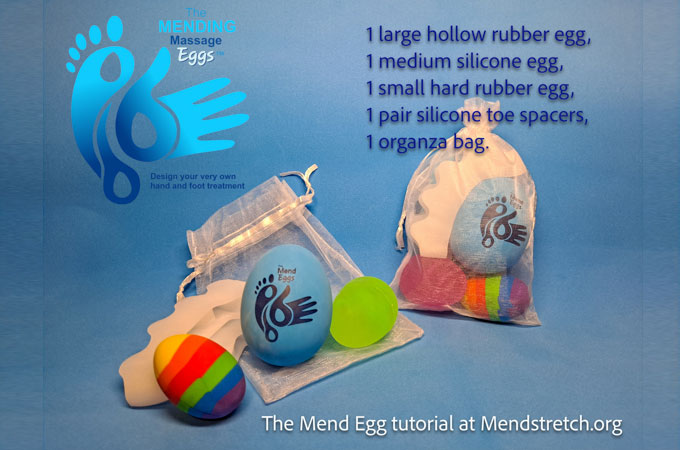Stop Cancer| Eat A High Protein Low Carb Diet
I have cancer, what should I eat? I want to prevent cancer, what is the best anti-cancer diet? There many factors that go into an anti-cancer diet. According to a recent study published in Cancer Research ìa change in diet can have an impact on cancer riskî. This study demonstrates that a diet higher in protein and lower in carbohydrates can inhibit the growth of cancer cells.
Cancer cells have a unique physiology and prefer to get their energy from sugars. Lowering carbohydrates in the diet (starches, sugars, sweets, fruit, etc.) may be one of the reasons this works. It is well known that a low-glycemic load (low carb, low sugars, low sweets) diet inhibits cancer growth. A low glycemic diet is healthier for you in many ways, not only lowering cancer risk but also lowering risk of heart disease, diabetes and obesity.
It is very important when choosing proteins to choose healthy sources. Being higher on the food chain, animal protein will concentrate more toxic chemicals than plant proteins. If you choose animal proteins be sure that you choose organic, grass fed (not grain fed) and hormone free products. Grass fed animals provide us with healthy, anti-inflammatory and cancer inhibiting omega 3 fatty acids, while the commercial grain fed animals provide high amounts of pro-inflammatory omega 6 fatty acids. Do not choose flesh and dairy products from animals that were fed hormones. Typically growth hormones and estrogens are fed to animals to fatten them up and speed up their development. In our modern world not only is our food raised with hormone additives, but many pesticides and plastics also stimulate hormones in our bodies. These hormone stimulating environmental chemicals are referred to as xenobiotics. This increased exposure to hormones in our foods and in our environment is a cause of the increase in hormonal cancers such as breast cancers and prostate cancer. Therefore, when looking to increase protein in the diet, be very careful about your choices. Legumes, beans, nuts and seeds are excellent vegetarian sources of protein. I recommend that you get at least half your daily protein from plant rather than animal sources.
It is easy to lower carbohydrates in the diet by eliminating all white, refined breads and grains (instead choose whole grains) and all refined and concentrated sugars (white and brown sugar, honey, maple syrup, high fructose corn syrup, agave syrup, candies and pastries) and also concentrated fruits (fruit juice, dried fruit).
Instead eat fresh whole fruit in moderation. The fiber in whole foods is important to regulating blood sugar and to normal bowel function. Eat more non starchy vegetables and less fruit overall. The low glycemic/low sugar fruits are primarily the more tart and sour fruits such as berries, pomegranates, kiwis which are high in super antioxidants which are very protective to our cells and our genetic material, thus protecting us from developing cancer. Donít forget that alcohol is a sugar and adds carbohydrates to the diet.
I have written a 30 page Free Report, Three Dangerous Cancer Survival Myths, that shows you how to make choices like these in your daily life that will protect you and your family from cancer risk and promote a healthy cancer free life. Click here to get instant access.
Here are the details of the recently published study: Eating a low-carbohydrate, high-protein diet may reduce the risk of cancer and slow the growth of tumors already present, according to a study published in Cancer Research, a journal of the American Association for Cancer Research.
The study was conducted in mice, but the scientists involved agree that the strong biological findings are definitive enough that an effect in humans can be considered.
Cancer Research editor-in-chief George Prendergast, Ph.D., CEO of the Lankenau Institute for Medical Research, says ìMany cancer patients are interested in making changes in areas that they can control, and this study definitely lends credence to the idea that a change in diet can be beneficial,î said Prendergast, who was not involved with the study.
The researchers compared two diets. The first diet, a typical Western diet, contained about 55 percent carbohydrate, 23 percent protein and 22 percent fat. The second, which is somewhat like a South Beach diet but higher in protein, contained 15 percent carbohydrate, 58 percent protein and 26 percent fat. They found that the tumor cells grew consistently slower on the second diet.
As well, mice genetically predisposed to breast cancer were put on these two diets and almost half of them on the Western diet developed breast cancer within their first year of life while none on the low-carbohydrate, high-protein diet did. Interestingly, only one on the Western diet reached a normal life span (approximately 2 years), with 70 percent of them dying from cancer while only 30 percent of those on the low-carbohydrate diet developed cancer and more than half these mice reached or exceeded their normal life span.
Tumor cells, unlike normal cells, need significantly more glucose (sugar) to grow and thrive. Restricting carbohydrate intake can significantly limit blood glucose and insulin, a hormone that has been shown in many independent studies to promote tumor growth in both humans and mice.
Furthermore, a low-carbohydrate, high-protein diet has the potential to both boost the ability of the immune system to kill cancer cells and prevent obesity, which leads to chronic inflammation and cancer.
----------------
Click here for more empowering info from Dr. Nalini
----------------
Dr. Nalini Chilkov, L.Ac., O.M.D. is a leading edge authority in the field of Integrative Cancer Care, Cancer Prevention and Immune Enhancement. She is the Founder of IntegrativeCancerAnswers.com where she offers online programs and resources that empower and transform. Dr. Chilkov brings over 30 years of clinical experience combining the best of Modern Functional Medicine with the ancient wisdom of Traditional Oriental and Natural Healing. She is a highly respected expert in her field, a frequent speaker at conferences, educational institutions and a trusted resource to the media.
























